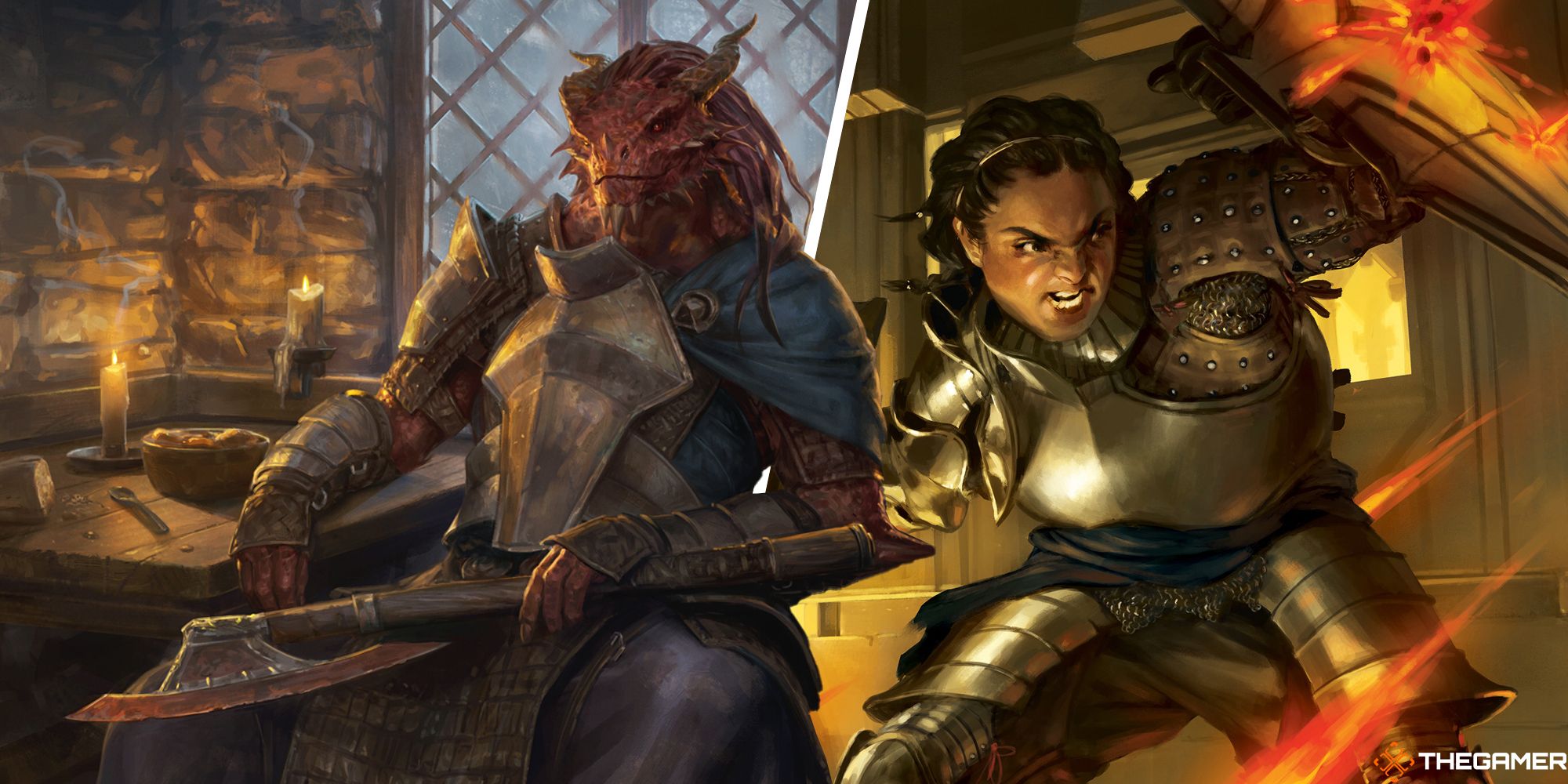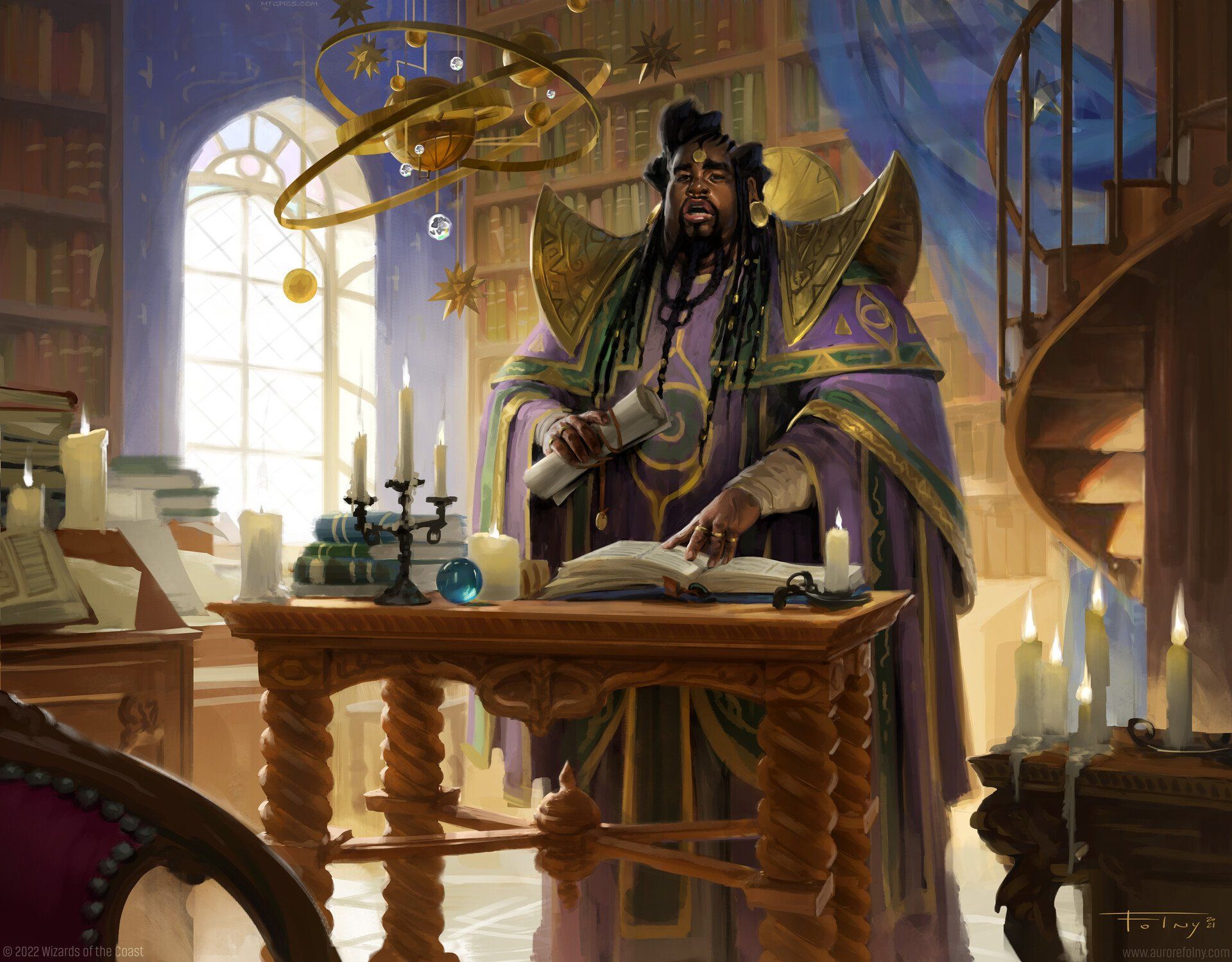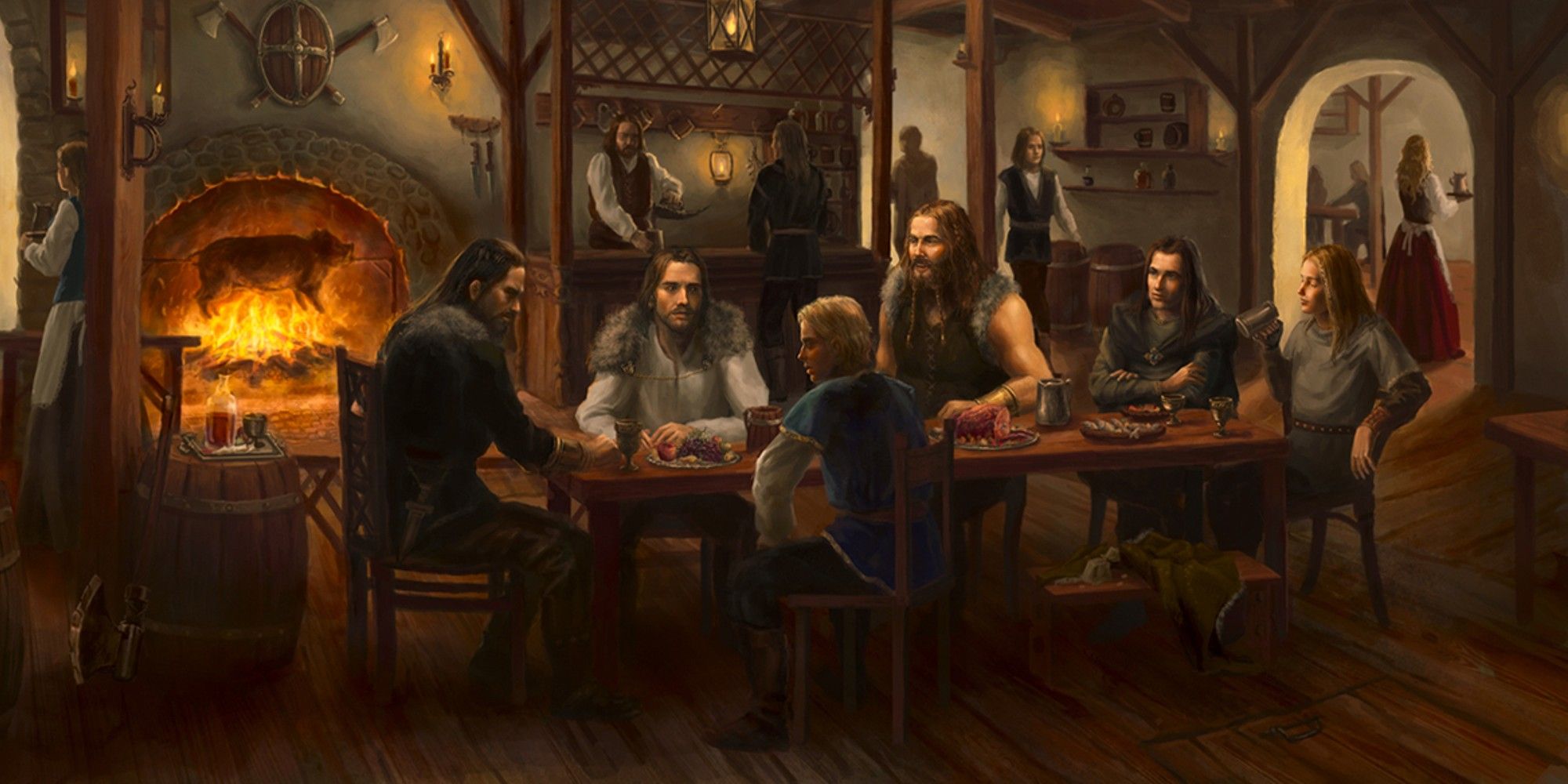Quick Links
Languages are a difficult thing to make interesting inDungeons & Dragons.
This can work against you when telling stories that prominently feature language barriers or cultural differences.
You don’t need a big party to have fun playing Dungeons & Dragons.

For most of Faerun this is Thorasta and a range of dialects.
When building your campaign setting consider having different Common tongues in different continents.
Despite the best attempts of 20th-century linguists, Esperanto never took off as the global language of humanity.

Alaundo the Seer by Aurore Folny
This means a player who knows one language might be able to partially translate keywords from a related language.
The Player’s Handbook has some of these details already filled in.
you could also use language as a way ofadding flavour to an individual character.

Alaundo the Seer by Aurore Folny
The languages a person knows and the language they think in will influence what ideas they are capable of.
(And because its a roleplaying game, you don’t actually have to write the poem.)
This adds complexity to how a character emotes and communicates, orcreates interesting challenges for characters with impairments.

Tavern, By anotherwanderer
It also changes how eavesdropping and spying work.
A phonetic script can be read without understanding the meaning of the words.
Characters who know shorthand are great atconveying hidden messages.

Silverquill Apprentice by Mike Bierek
Players who know shorthand are great at taking session notes.
Belt out Elven poetry like you’re a Catholic priest reading in Latin.
You canuse different fonts and calligraphy styles to represent different languagesor different authors.

Have aHalfling list appear as a mindmap rather than bullet points.
Have yourorcs speak like New Yorkers.
Faefolk speak as if they’re constantly at a formal event.

Magical translation still has a defined niche butrequires the foresight to prepare it.
Restrict Magical Translation
Require a player to pass ahistory check to recognise a languagebefore it can be translated.
Thisallows multiple players to contribute to a translation project.
You canturn the act of translating into a puzzle.
Use Ciphers, Codes and Metaphors
Spells like Comprehend language specify that they give a literal translation.
Take the example of a “blighty wound”.
Hidden languages such asDruidic and Thieve’s Cant get to keep their secrecy.
A magical translation might only pick up stray words.
A Creole speaker is often able to swap easily to one of the parent languages.
You might represent this bygivingone of the parent languages for free when a player learns a mixed language.